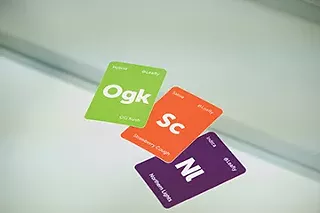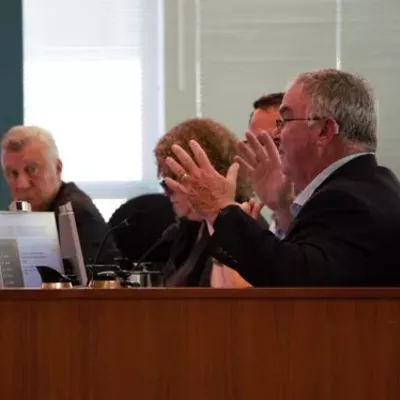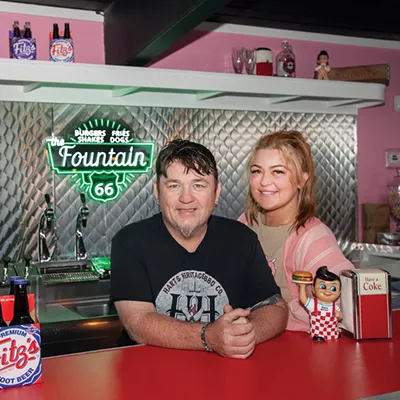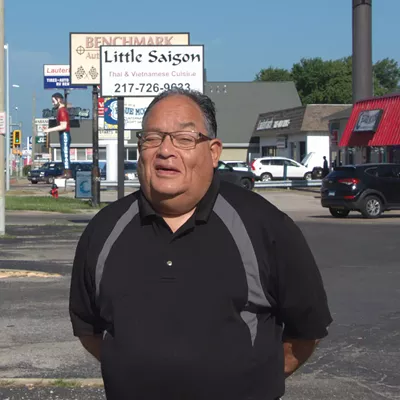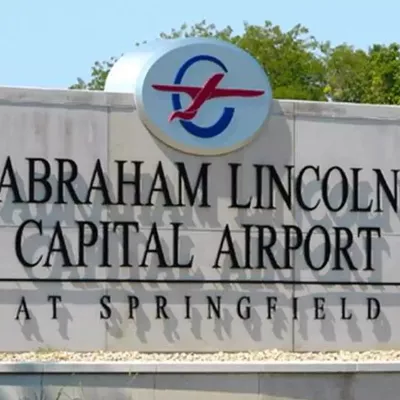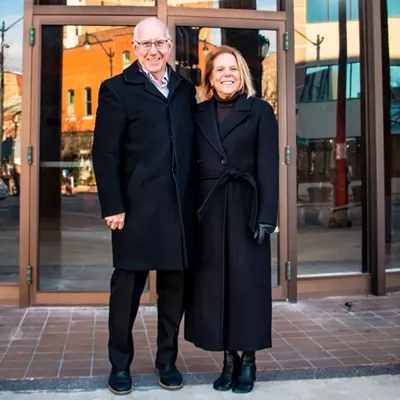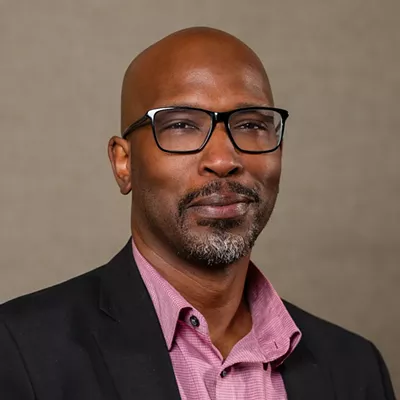BY MONICA STABILE
Supporters of medical cannabis hope to expand the number of conditions currently covered under Illinois law to help reduce the number of people who overdose on opioid drugs.
There were more fatalities in Illinois from opioid drug overdoses than from homicides or car accidents in 2014, according to the latest data from the state’s Department of Public Health.
“The patients fall into this death spiral of taking more and more [opiates],” said Dr. Charles Bush-Joseph, an orthopedic surgeon from Chicago who testified at a recent legislative hearing in Springfield. “When patients finally run out of gas, then they go get a $10 dose of heroin, which is cheaper than an OxyContin pill.”
The U.S Department of Health and Human Services Office of Inspector General reported that more people died of overdoses in 2014 nationwide compared to any previous year on record. The study found that opioids were involved in 60 percent of all drug overdose deaths, totaling 29,000 people.
Opioids prescribed by doctors to alleviate pain are usually safe when taken for a short amount of time, but they can be addictive because they produce a euphoric feeling that can lead to abuse, overdose and death. Commonly abused opiates are OxyContin, Vicodin, codeine, morphine, fentanyl and heroin.
A patient’s body can begin to tolerate opioids between 10 to 14 days, and there are two ways patients can become addicted, Bush-Joseph explains. The opioid receptors in the brain spur production of the feel-good hormone dopamine, but tolerance increases and requires higher levels of the drug to activate the same amount of pain relief. Alternatively, after four to six weeks of opioid use, the liver begins to metabolize the drug more quickly, meaning the drug is flushed out of the body faster; that leads to the patient needing opiates at an increasing rate.
Supporters of medical cannabis, which is now legal in 29 states, say that the plant can help treat medical conditions and can lead to fewer people being dependent on and addicted to opioids, resulting in fewer overdose deaths.
The U.S. Food and Drug Administration hasn’t approved marijuana for medicinal use, and it remains illegal at the federal level. However, there are two FDA-approved medications available in pill form that contain chemicals from cannabis intended to treat a range of medical conditions and symptoms.
Studies conducted by the National Institute on Drug Abuse (NIDA) have shown that states with medical cannabis programs have had fewer overdose deaths from prescription opioids, fewer opioid prescriptions, lower prescription opioid use for non-medical conditions and a reduced number of people in substance abuse treatment programs for prescription opioid use. NIDA noted that a reduction in overdose deaths was greater in states with active medical cannabis dispensaries, not just states with legalized medical marijuana laws.
Another study done by the American Medical Association found that states with medical cannabis laws had a lower percentage of opioid overdose mortality rates annually.
The Centers for Disease Control and Prevention said that 75 percent of new heroin users abused prescription opioids before using heroin. In addition, more than 1,000 people each day are treated at hospital emergency rooms for using prescription opioids incorrectly.
Bush-Joseph said he became involved with medical cannabis to use it as a potential antidote to curb the number of people addicted to opioids and hopefully lead to fewer fatalities from opiate overdose.
“People with unresolved, non-fatal conditions would be good candidates for medical marijuana since they would be much better handled on medical cannabis, rather than keeping them on lifelong opiates,” Bush-Joseph said.
Some post-operative solutions such as acupuncture don’t always work, he said, leaving people whose debilitating condition isn’t eligible for medical cannabis to fall through the cracks.
In Illinois, there are 41 medical conditions for which patients can be eligible to receive a medical cannabis registration card. To obtain the card, a physician must diagnose a patient with one or more of the qualifying conditions that include cancer, Crohn’s disease and multiple sclerosis, to name a few.
Bret Bender, general manager of Maribis Springfield, a medical cannabis dispensary, works with patients who shop for medical cannabis to figure out which product would be the best fit to treat their medical symptoms. There are different types of products available that contain chemicals within the plant called cannabinoids, including hemp oil, tinctures and topicals. People may react differently to the cannabinoids, so it’s hard to say a particular strain works well for everyone with a certain condition, Bender explained.
“They kind of have to go through their own period of self-discovery,” he said.
Bender supports medical cannabis as an alternative treatment to prescription opioids because it doesn’t result in physical addiction. He hopes that more people, especially at the federal level, come to see marijuana as a useful means to treat medical conditions.
“The real gateway drugs are the opiates that people are being prescribed everyday,” Bender said. “Get people access to it, instead of forcing people to take highly addictive, dangerous and awful opiates.”

